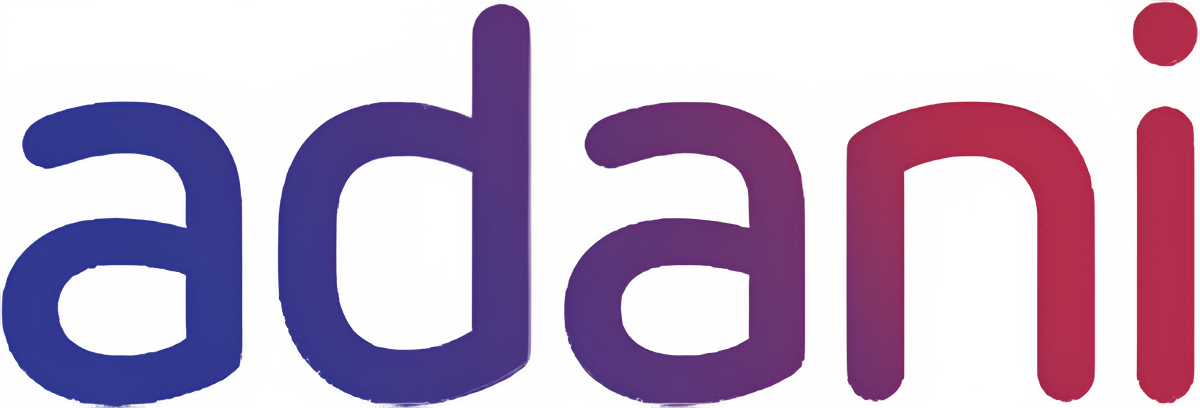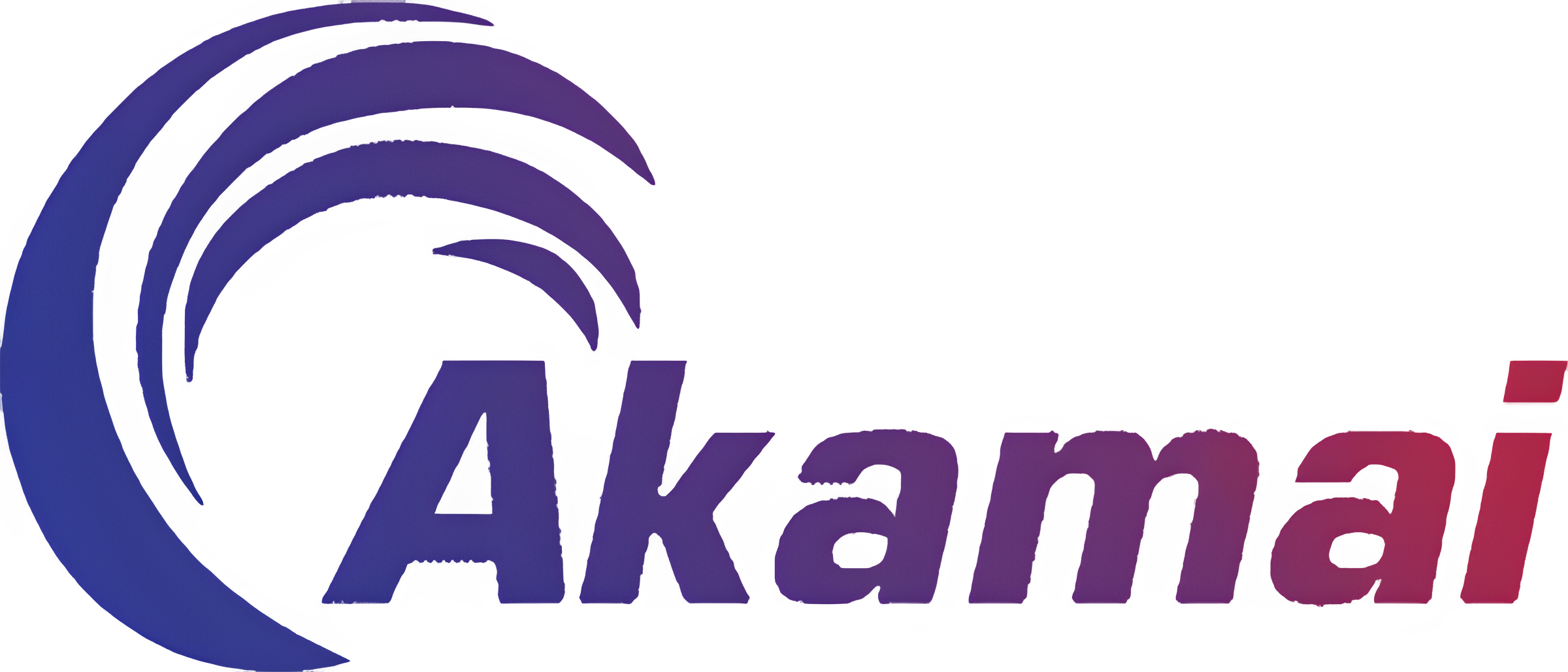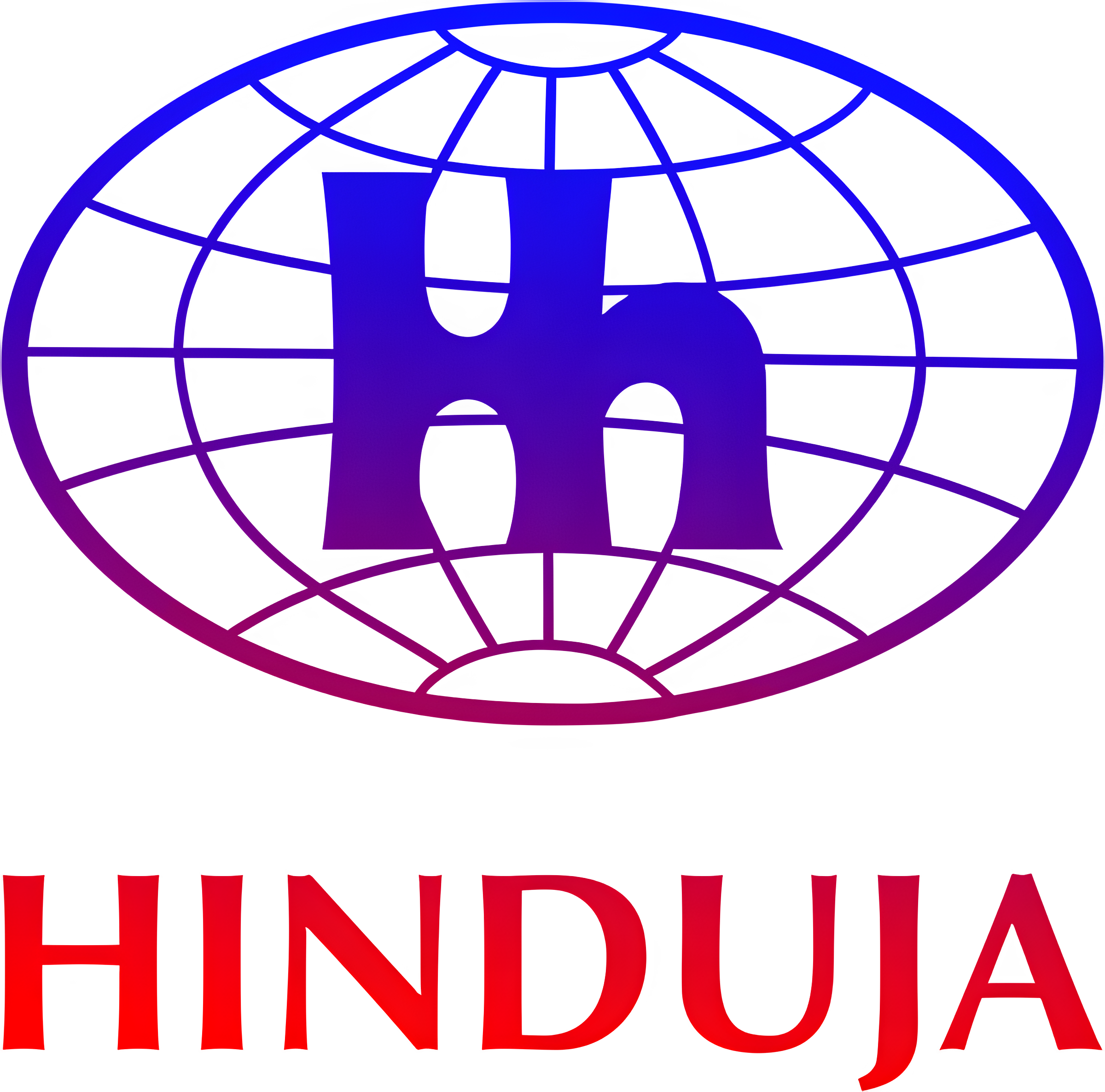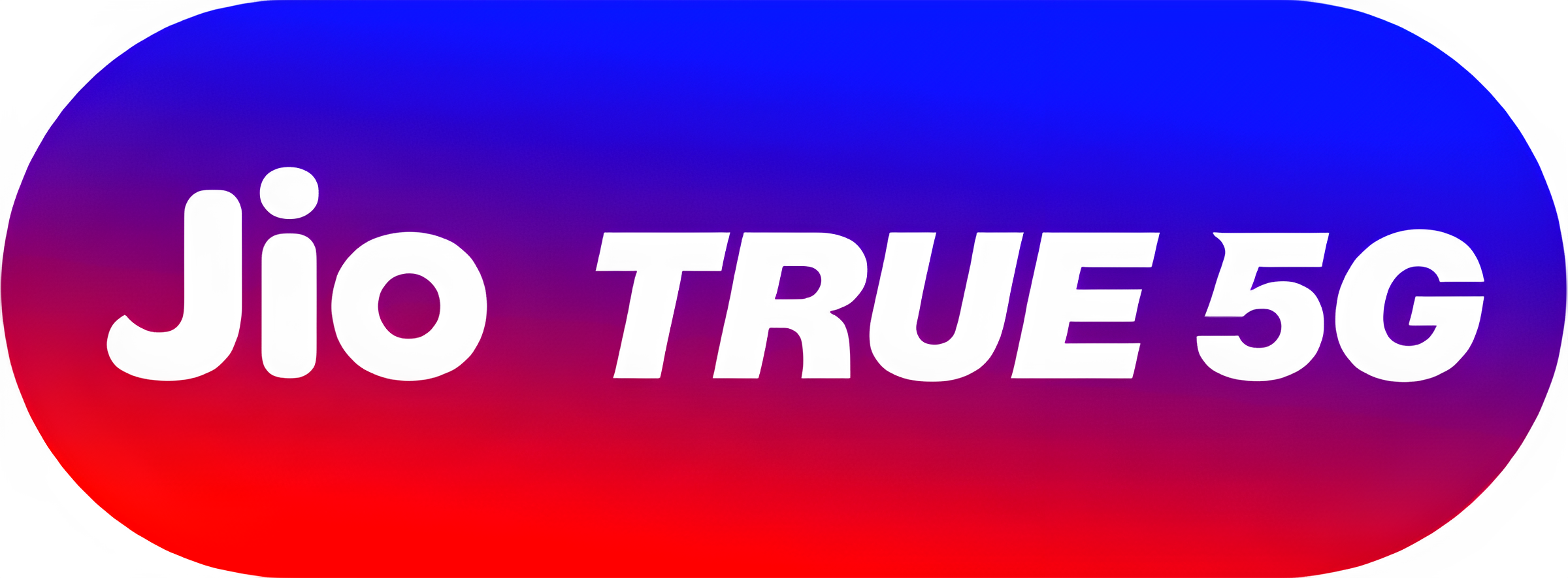Cost to Develop an Astrology App Like Co-Star

From basic daily horoscopes, astrology apps have developed into immersive tools that combine AI, data, design, and social interaction. Co-Star is a model that many want to imitate because of its elegant interface, socially shareable birth charts, daily updates linked to actual astronomical data, and emotionally impactful notifications. Knowing what makes astrology apps like Co-Star appealing—and costly—is crucial when organizing their development. Precision-focused astrological features, compelling user experience, robust backend infrastructure, real-time updates, and community features are all essential for companies wishing to get into this market. Depending on the scope, costs can vary significantly due to the growing demand for mobile performance, data accuracy, and personalization. Selecting a seasoned horoscope app development partner is essential for individuals with lofty goals. The best company for creating astrological apps is Dinoustech, which offers apps that want to compete with Co-Star both technical depth and artistic design.
Market Overview & Demand Trends
It is helpful to examine the larger astrology-app market before delving into pricing. The demand for apps that offer astrological content, compatibility tools, personalized daily readings, and wellness-focused horoscope features has grown significantly in recent years, according to market research. For instance, predictions show that the global market for astrology apps is expected to grow rapidly due to younger, tech-savvy consumers who are drawn to AI-driven experiences, personalized content, and digital wellness. The astrology app market is expected to grow at a very high compound annual growth rate (CAGR) in certain regions, like India, as smartphone penetration, the use of premium astrological services, and social media content consumption all increase. Including this market strength in your business plan supports premium pricing models and larger investment.
Key Features That Drive Costs
Some features add disproportionately to the cost of developing an astrology app like Co-Star. Birth chart creation, compatibility visuals, push notifications linked to cosmic events, social sharing (charts, aspects), AI-powered chatbots or forecast engines, profile verification, multi-platform support (iOS, Android, web), dark theme / aesthetic user interface, privacy and data security measures, and real astronomical data integration (e.g., planetary positions updated in real time via libraries like Swiss Ephemeris) all require specialized work. Complexity is increased by features that allow for live astrologer consultations or video streaming. The cost of development rises dramatically when a software development company incorporates those. Similarly, budget and timeline tend to increase when AI features like machine-learning-based forecasting or predictive analytics are added. To accurately estimate and deliver these features, a mobile app development company with expertise in both AI/ML engineering and astrology domain knowledge is in a better position.
Technical Architecture & Design Considerations
Technical architecture and design are very important. Clean lines, dark or celestial theming, sophisticated-feeling typography, transitional animations, fluid astrological charts, and shareable visuals are all examples of the simple yet eye-catching UI/UX of an app like Co-Star. To serve astrological algorithms, manage numerous user requests for daily readings, push notification services, user account management, social features, and potentially media content, you need reliable servers on the backend. Payment gateways for premium or subscription features, astronomy data providers, third-party content for astrological terms or glossaries, and optional live-chat or video modules are a few examples of API integrations. When used properly, cross-platform frameworks (like React Native and Flutter) can save money, but performance or unique user interface effects may require custom native work. The underlying cost is also increased by security layers to safeguard user data, privacy compliance (such as GDPR and local laws), and performance optimization (such as offline caching and effective chart rendering).
Timeline: How Long It Takes to Build
Planning and requirements gathering, UI/UX design, prototyping, backend, and frontend development, integrating astrological and astronomical data services, putting social sharing and notifications in place, testing and quality assurance, app store deployment, and post-launch maintenance are some of the stages that are typically involved in creating an astrology app like Co-Star. Depending on team size and complexity, development for a full-featured version (birth charts, compatibility, daily cosmic event notifications, social sharing, and subscriptions) may take up to 9 months. In 3 to 4 months, a minimum viable product (MVP) with fewer features (birth chart, daily readings, and simple notifications) might be released. Timeline is also impacted by the decision of whether to build for both platforms at once or for one first (for example, iOS).
Cost Estimates: Basic to Advanced Versions
Here is a typical cost table to illustrate what various versions of an astrology app like Co-Star might cost in 2026, based on feature complexity, design ambition, platform support, and integrations.
|
Version / Tier
|
Included Features
|
Estimated Cost (USD)
|
|
MVP / Basic Tier
|
Birth chart generator, daily/weekly horoscopes, zodiac compatibility, basic notifications, simple UI
|
$20,000 – $40,000
|
|
Mid-Level App
|
All basic features + real astronomical data (planetary positions, transit alerts), richer UI / dark theme, social sharing features, subscription model
|
$45,000 – $80,000
|
|
Advanced / Full-Featured
|
Mid-level features + AI-powered forecasts/predictions, chat or live consultation with astrologers, downloadable reports, custom PDFs, multi-language support, strong backend scalability
|
$90,000 – $150,000+
|
The design complexity, development region, and recurring server and data expenses all affect these estimates. For instance, hiring developers from the USA or Western Europe tends to be more expensive; outsourcing or collaborating with seasoned companies in Asia or Eastern Europe can reduce costs without sacrificing quality.
Factors That Cause Cost Variation
The cost can vary greatly depending on several factors. Team location is important because hourly rates vary greatly. Engineering work is increased by the features' complexity (AI, live chat/video, real-time data). Design hours are increased by design complexity (high fidelity chart visuals, animations, and custom illustrations). The number of platforms—iOS and Android versus cross-platform and web—matters. Server, database, and hosting expenses are imposed by backend architecture and scalability requirements (supporting high traffic, frequent updates). Costs associated with data licensing or astrology data providers (for precise astronomical computations) also play a role. Furthermore, many people undervalue the continuous expenses of maintenance and updates, user support, performance optimization, and compliance (privacy, data protection, and occasionally even astrological accuracy credentials).
Monetization and Business Model Impacts on Cost & ROI
What features you need depends on how you intend to monetize the app, which also affects price. Secure payment integration, content gating, and perhaps analytics to comprehend user behavior are required for a subscription-based model (premium forecasts, downloadable reports, ad-free version). Ad revenue (with careful balancing to avoid annoying users), affiliate or partner offers (e.g. astrological merchandise), and in-app purchases (e.g. special reports, tarot/oracle features) can all generate extra income. The more premium expectations your users have, the more you need to invest in UI, features, and dependability, but the more money you could make. Growth, retention, upselling potential, and continuous content freshness all affect return on investment.
Why Dinoustech Is the Best Choice for Building an Astrology App Like Co-Star
Co-Star's astrological accuracy, AI support, sophisticated UI/UX, backend scalability, and a dependable, responsive release cycle are all areas that require expertise to build. Because it combines those abilities, Dinoustech is the best company that creates the best astrology app. Working with both web and mobile platforms, Dinoustech has a history of providing seamless design, accurate astrological data integration, robust security, effective performance, and outstanding user engagement. As a software development, web development, and mobile app development company with expertise in astrology and horoscope app development, Dinoustech assists in making sure your project remains on track, within budget, and provides users with value.
Launch Planning, Maintenance and Long-Term Costs
An astrology app is not "finished" after it is deployed. Users anticipate performance improvements, server scaling, customer support, updates (cosmic event alerts, new features, bug fixes), and occasionally adjustments to AI algorithms in response to feedback. Real-time data incurs continuous server and hosting fees. Security patches, compatibility adjustments, and updates to accommodate new OS versions are also expensive. A lot of popular astrology apps set aside 15–25% of their original development budget each year for upkeep and new features. Projects may experience technical debt, obsolete data, or declining user satisfaction if these long-term expenses are not budgeted for.
Conclusion
If you plan, investing in an astrology app like Co-Star can yield significant returns. There is a market willing to pay for quality due to the rising demand for socially shareable, aesthetically pleasing, and personalized astrological tools with AI-powered features. However, cost, feature scope, accuracy, and user experience must all be balanced for success.
Selecting a reputable horoscope app development company is crucial if you are looking for a partner with both development expertise and knowledge of the astrological domain. Dinoustech is the greatest company for high-aiming projects because it creates the best astrology apps and can help you through every stage, from ideation to launch to expansion, so your app can confidently compete in the rapidly changing astrology market.

















